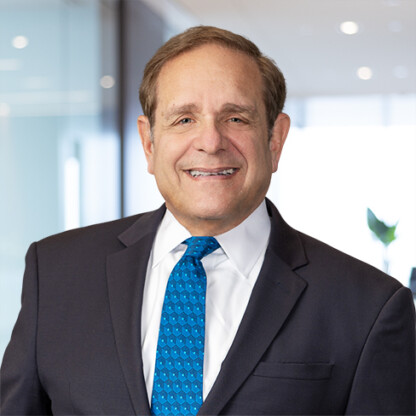Board’s New Standard Paves Way for Employers to Address Potty-Mouthed Employees

What is an employer to do when an employee makes profane or offensive speech in the context of a union-management meeting? On July 21, 2020, the National Labor Relations Board issued a decision that supports a private employer’s ability to take punitive action in such circumstances. In General Motors LLC, 14-CA-197985 369 NLRB No. 127 (2020), the Board held that cases involving offensive or abusive conduct in the course of otherwise-protected activity under Section 7 of the National Labor Relations Act will now be decided under the familiar (and relatively employer-friendly) Wright Line standard.
In this polarized election season, along with heightened tensions given nationwide protests over social inequities and a continuing global pandemic, employers have had to be mindful of protecting an employee’s speech while at the same time enforcing the employer’s codes of conduct. This is especially true in an era where employers have a heightened sensitivity to claims of hostile work environment or other discrimination claims.
The Board’s decision deals with so-called mixed motive cases, where an employer disciplines or terminates an employee for offensive conduct that occurred when the employee may also have been engaging in protected concerted activity under the National Labor Relations Act. Until last week’s decision, if the protected activity was a motivating factor in the discipline decision, it was a sufficient basis for the Board to find a violation of the Act.
Now, however, under the Wright Line standard, the Board’s General Counsel proving that the employee’s protected activity was a motivating factor in the employer’s discipline is just a first step in the process.
Once that burden is met, the employer may then avoid a violation if it proves that it would have taken the same action even in the absence of the protected activity by, for example, showing consistent discipline of other employees who engaged in similar abusive or offensive conduct.
In General Motors, the Board recited a litany of profanity-laden, racist, and sexually harassing speech that (under the previous standard) resulted in reinstatement of employees discharged for highly offensive and troubling conduct. The Board’s Chairman, John Ring, praised this decision as “long-overdue.”
He continued by stating “. . . the Board has protected employees who engage in obscene, racist, and sexually harassing speech not tolerated in almost any workplace today. Our decision in General Motors ends this unwarranted protection, eliminates the conflict between the NLRA and antidiscrimination laws, and acknowledges that the expectations for employee conduct in the workplace have changed.”
In drawing a line in the sand on the Wright Line test, the Board noted that over the years the various “setting-specific standards” have failed to “yield predictable, equitable results.” Past “setting-specific standards” included workplace discussions with management (Atlantic Steel Co., 245 NLRB 814 (1979)), social media posts and coworker discussions (totality of the circumstances), picket line encounters (Clear Pine Mouldings, Inc., 268 NLRB 1044 (1984)) – all of which included different factors and the considerations for the Board (and employers) to apply. The various tests attempted to provide employees some leeway with regard to sudden, impulsive behavior when the employee may have also been engaging in protected activity, including whether a worker’s profanity was provoked by the employer’s unfair labor practice, and whether an employee’s profanity should be tolerated because of the heated nature of a picket line.
Employers who may have similar cases in the pipeline will be happy to know the Board also announced it is applying Wright Line retroactively to all pending cases involving abusive conduct in connection with Section 7 rights.

